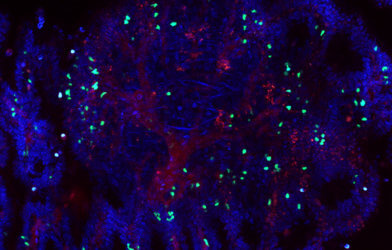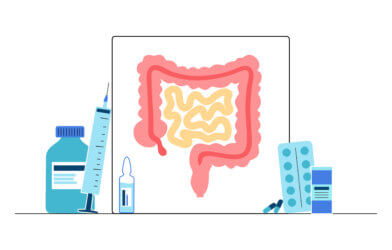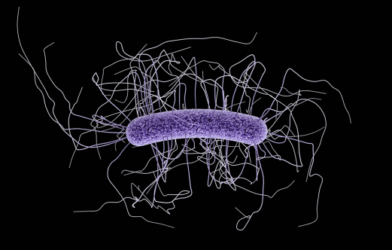
colorectal cancer


Could pomegranates be holding the secret to stopping colorectal cancer?October 20, 2022
The type of exercise you do — and how hard you do it — impacts chances of staying colon cancer-freeSeptember 27, 2022

AI algorithm can capture 6,500 pictures of the colon, could inform cancer patients on survival oddsSeptember 6, 2022

Double-edged sword: T cells both strengthen, curb tumor growth in colorectal cancerSeptember 6, 2022

Medical breakthrough may help treat colitis and fight colorectal tumorsAugust 24, 2022

Colorectal cancer: ‘Shocking’ surge in cases among younger adults may be driven by C. diff infectionsJuly 21, 2022

Cell research unearths new way of stopping colorectal cancer tumors from growingJuly 6, 2022

Colorectal cancer cases in young adults are rising. Scientists blame poor gut health from unhealthy dietsJune 16, 2022
